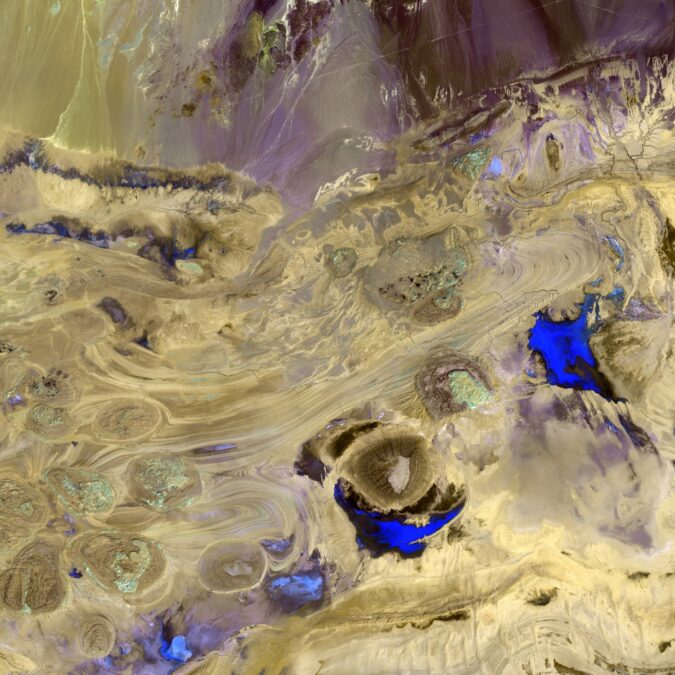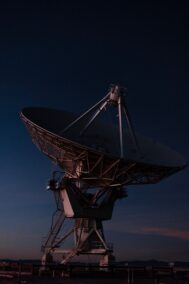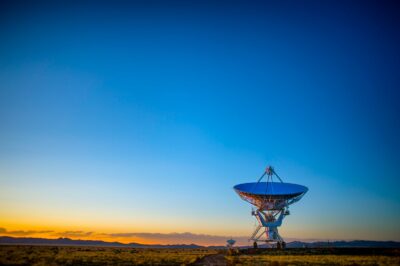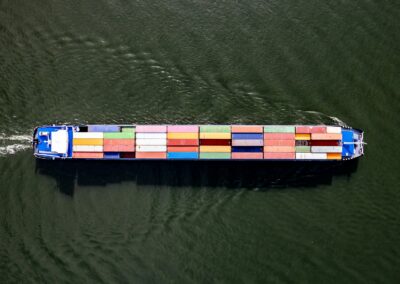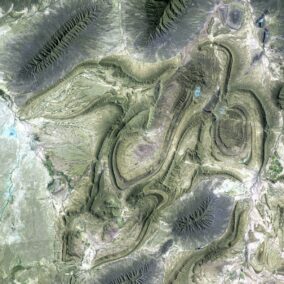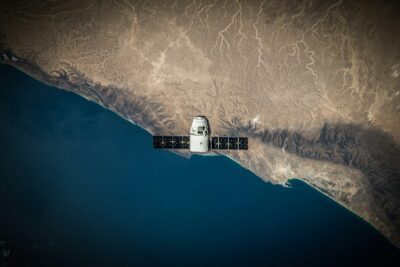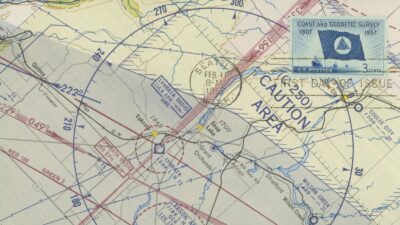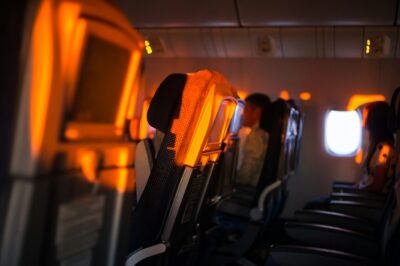Augmenting GPS with Global Satellite Navigation Systems
Diversifying Navigation Options for Aviation
Satellite navigation systems are essential components of modern aviation technology, providing crucial positioning and navigation capabilities for aircraft worldwide. While GPS (Global Positioning System) remains the primary satellite-based navigation system, other systems such as Galileo (Europe), GLONASS (Russia), and BeiDou (China) offer additional benefits, including enhanced global coverage and redundancy. This diversification of navigation options is vital for ensuring the reliability and resilience of aviation systems, particularly in regions like Saudi Arabia and the UAE, where air traffic is steadily increasing.
The inclusion of alternative satellite navigation systems alongside GPS significantly improves the robustness of aviation navigation, reducing the reliance on a single system and mitigating the risks associated with signal disruptions or outages. In Riyadh and Dubai, major hubs for air travel in the Middle East, the availability of diverse satellite navigation options enhances safety and efficiency for both commercial and private aircraft operations. Pilots and air traffic controllers can leverage these systems to navigate with confidence, even in challenging environments or during adverse weather conditions.
Furthermore, the integration of multiple satellite navigation systems offers benefits beyond redundancy, including improved accuracy and precision in aircraft positioning and navigation. By combining signals from different satellite constellations, aviation systems can calculate more accurate position fixes, leading to smoother and more predictable flight paths. This level of precision is critical for optimizing airspace utilization and reducing the risk of mid-air collisions, particularly in congested airspace over urban centers like Riyadh and Dubai.
Maximizing Global Coverage and Redundancy
Galileo, GLONASS, and BeiDou complement GPS by providing additional satellite coverage in regions where GPS signals may be weak or obstructed, such as high-latitude areas or urban canyons. This expanded coverage enhances the reliability of satellite navigation for aviation applications, ensuring continuous connectivity and accurate positioning across diverse geographic regions. In Saudi Arabia and the UAE, where air travel spans vast desert landscapes and bustling cityscapes, the availability of robust satellite navigation systems is essential for maintaining seamless operations.
Moreover, the redundancy offered by multiple satellite navigation systems reduces the risk of disruptions caused by signal interference, jamming, or system failures. In the event of a GPS outage or degradation, aircraft equipped with multi-constellation receivers can seamlessly transition to alternative satellite signals, minimizing disruptions to flight operations. This resilience is particularly valuable for critical aviation missions, such as search and rescue operations or medical evacuation flights, where reliable navigation is paramount.
As technology continues to evolve, the integration of satellite navigation systems into aviation will become increasingly sophisticated, with advancements in receiver technology, signal processing algorithms, and satellite constellations. These developments will further enhance the accuracy, reliability, and resilience of aviation navigation systems, supporting the growth and sustainability of the aviation industry in Saudi Arabia, the UAE, and beyond.
Conclusion
In conclusion, satellite navigation systems play a vital role in enhancing aviation navigation, providing essential positioning and navigation capabilities for aircraft worldwide. The integration of alternative systems such as Galileo, GLONASS, and BeiDou alongside GPS offers benefits such as enhanced global coverage, redundancy, and improved accuracy. In regions like Saudi Arabia and the UAE, where aviation is a key driver of economic growth and connectivity, the availability of diverse satellite navigation options is essential for ensuring the safety, efficiency, and resilience of air travel. By maximizing global coverage and redundancy, satellite navigation systems contribute to the reliability and sustainability of aviation operations, supporting continued innovation and growth in the industry.
—
#SatelliteNavigationSystems, #AviationTechnology, #GlobalCoverage, #Redundancy, #Galileo, #GLONASS, #BeiDou, #GPAlternatives, #SaudiArabiaAviation, #UAEAirTravel

